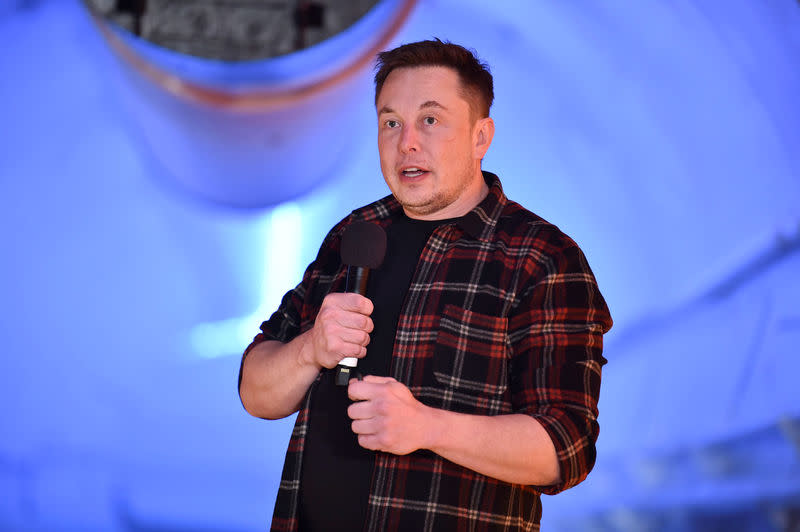Musk tweets Singapore government has been unwelcoming to Tesla

By Nour Al Ali and Kyunghee Park
Elon Musk tweeted that Singapore has been unwelcoming to Tesla Inc., adding to his previous assertions that the government doesn’t support electric vehicles.
The chief executive officer was responding to a tweet inquiring why Tesla wasn’t in the city-state. Musk had said in May that Tesla tried to bring its cars to Singapore but was unsuccessful because the government was “not supportive” of electric vehicles.
In a response to another tweet that Singapore’s economy is reliant on fossil fuels and that it is against electric vehicles, Musk said the Southeast Asian country could switch to solar or battery power.
While Tesla contends a lack of support from Singapore and is establishing a factory in China, Dyson Ltd. said in October it will set up its first electric-car manufacturing facility in the city-state. The plant by the British manufacturer — known for its vacuum cleaners — is expected to be completed by 2020 with a goal of rolling out its first model by 2021 as part of a 2 billion-pound ($2.5 billion) effort to expand into automobiles.
Singapore has said it supports adoption of hybrid buses and electric vehicles, in response to Musk’s earlier statements, the Today newspaper said in June, citing the country’s Land Transport Authority. In 2016, Musk contacted Singapore Prime Minister Lee Hsien Loong over the case of a Tesla sedan that was taxed with a carbon surcharge in the city, the Straits Times reported.
Singapore, a tiny and densely populated nation, restricts the number of vehicles on its roads partly by controlling the number of car-ownership permits, each costing tens of thousands of dollars to bid for.
As the industry moves toward autonomous and alternative-energy vehicles, the nation has focused its efforts on mass transportation. Singapore has built a mini town replicating its public roads that will be used as a trial circuit for driverless electric buses. More than 10 companies are testing vehicles at the facility, and buses from Volvo AB are among those expected to join this year.
© 2019 Bloomberg L.P

 Yahoo Finance
Yahoo Finance 